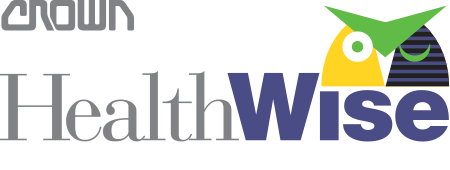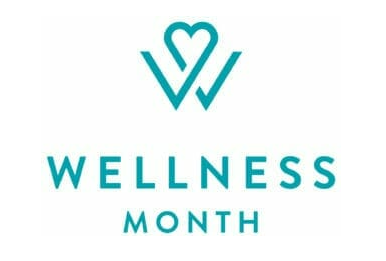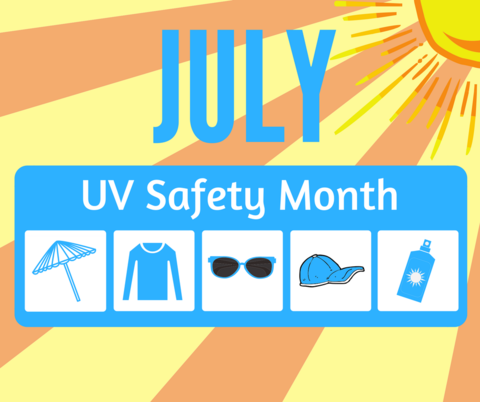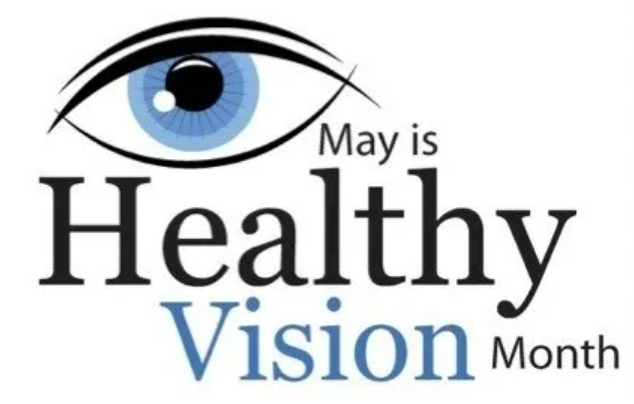June 2023 – Power of Physical Activity
Being active has significant health benefits for our bodies, mind, and spirit! Participating in recreational activity, active living, play, dance, sport, or exercise all add up to moving more. Don’t limit yourself to believing it has to be exercise or nothing.
Healthy Body
Physical activity can lead to a healthier heart and stronger bones, muscles, and lungs. It lowers your blood pressure and your risk for heart disease, stroke, type 2 diabetes, and 8 different types of cancers. Also, it helps with balance and coordination and reduces the risk of falls.
Healthy Mind
Daily activity has a profound effect on your mind. It has been shown to reduce anxiety and depression while increasing your self confidence. Also, according to the CDC, it reduces your risk of developing dementia (including Alzheimer’s disease).
Healthy Spirit
Daily physical activity can help improve your sleep quality leading to higher energy levels and productivity. Also, physical activity can be a great avenue to do in a group and help with connectivity by bringing people together.
Start Small: If regular physical activity is new to you, challenge yourself to see how many consecutive days you can fit in at least 15 minutes of activity. From there, slowly build your duration or intensity – Consistency is Key!
Take Charge. Live Well!








